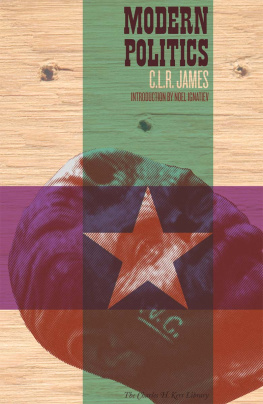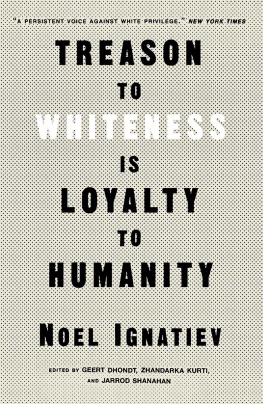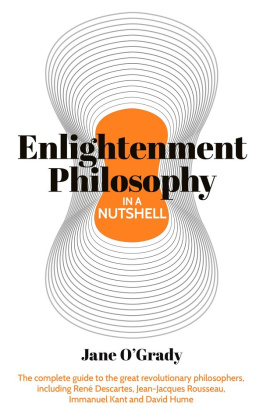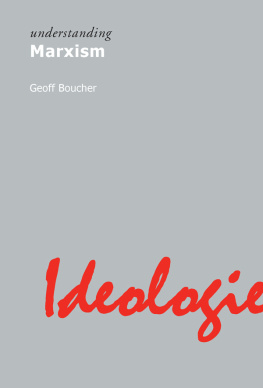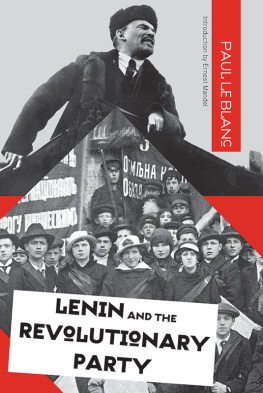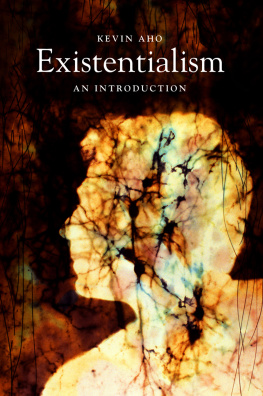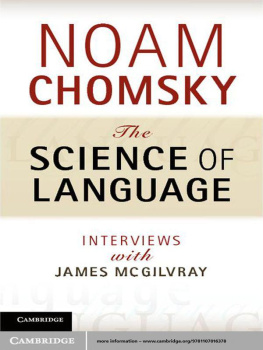Modern Politics
C.L.R. James
This edition 2013 PM Press
All rights reserved. No part of this book may be transmitted by any means without permission in writing from the publisher.
PM Press
PO Box 23912
Oakland, CA 94623
www.pmpress.org
Published in conjunction with the Charles H. Kerr Publishing Company
C.H. Kerr Company
1726 Jarvis Avenue
Chicago, IL 60626
www.charleshkerr.com
Cover design by Josh MacPhee/justseeds.org/antumbradesign.org
Interior design by Jonathan Rowland/briandesign
ISBN: 978-1-60486-311-6
LCCN: 2012955002
10 9 8 7 6 5 4 3 2 1
Printed in the USA by the Employee Owners of Thomson-Shore in Dexter, Michigan.
www.thomsonshore.com
Contents
Introduction
By Noel Ignatiev
MODERN POLITICS CONSISTS of a series of lectures C.L.R. James delivered in 1960 at the Adult Education Center in Port of Spain, Trinidad. The lectures are a survey of Western civilization. Why did James, a black man who knew the crimes of the West firsthand, speaking to a mostly black audience of colonials, choose to lecture on Western civilization?
James is seeking to explain the meaning of socialism. For him, socialism is complete democracy. Therefore, he begins the first lecture with democracy in the ancient Greek City-State. He tells us why: because I could not do without it. The Greeks invented direct democracy.
From Greece he goes to Rome and the Revelations of St. John. He says he chose John because he was a colonial subject of Rome. John had a sense of historic sweep, and in his vision of Gods Kingdom he was addressing the questions that occupied the Greeks, above all the relation of the individual and the collective.
From the ancient world James moves to the City-States of the Middle Ages and to the class struggles that tore them apart. He talks about the English Civil War and the birth of a new form of government, representative citing Shakespeare, the great dramatist of individual character, as an example of the emerging spirit. (James referred to Shakespeare frequently in his works; a series of lectures on Shakespeare he delivered on the BBC has been lost.) He takes up philosophy and the Age of Reason, and Rousseaus repudiation of that way of thinking and of representative government. After touching on the American and French Revolutions, he ends the lecture by defining the problem he will be addressing: Much of our study of modern politics is going to be concerned with this tremendous battle to find a form of government which reproduces, on a more highly developed economic level, the relationship between the individual and the community that was established so wonderfully in the Greek City-State.
The classics of the West have shaped the modern world. The European Renaissance was a moment of world-historic significance, and the great works of antiquity were sources of it. However, to accept a genealogy in which ancient Greece begat Rome, Rome begat Christian Europe, Christian Europe begat the Renaissance, the Renaissance the Enlightenment, the Enlightenment political democracy and the industrial revolution and so forth is misleading.
The ancient Greeks traced their culture back to Egypt.
Following the fall of Rome, Byzantium and the Islamic world preserved the works of the Greeks and Romans and kept alive the classical traditions of humanism and scientific inquiry. Islam was influenced by East and West.
Cultures are not products of regions isolated from each other.
Settled agriculture, urban life, patriarchal religion and the state were born in the Tigris-Euphrates Valley around 7000 B CE. The first literary object to emerge from Britain that anyone from anywhere else would take any interest in was Beowulf, c. 1000 C E. In other words, about eight thousand years elapsed between the birth of what is called civilization and anything of literary value from Britain, three thousand miles away. Yet that vast gap in time and space did not prevent the inhabitants of Britain from going on to lead the world in producing works from Chaucer to Jane Austen and beyond that illuminated the human condition everywhere, nor has it stopped them from asserting their ownership of literary works they had no direct hand in producing.
And that is as it should be. Everything created by human beings anywhere is and ought to be the property of all human beings everywhere. I used to know a poet who called Milton black. On being asked why, she replied, Well, Im black and I like him.
C.L.R. James would have agreed with her. (He refers to Paradise Lost in these lectures, comparing it to the Revelations of St. John.)

Class struggle is a constant theme in the lectures. Whether talking about fifteenth-century Flemish City-States or twentieth-century Detroit, James stresses the class struggle as the force that drives history. When I met James, he asked me what I did for a living. I told him I worked in a factory. He said he regretted that he never had the opportunity to do that. I naturally replied that his writings had helped me make sense of my own experience. Yes, he said, people have told me that, but I still wish I had experienced it directly. In order to illustrate Jamess world view and as partial repayment for what he taught me, I shall here recount some things I saw in twenty-three years as a worker in industry.
I once had a job operating a horizontal boring mill in a plant that manufactured punch presses, machine tools and die sets. My job was to bore holes and mill contours on largeoften 6 x 8steel slabs to be made into die sets to customers specifications. The mill was an old-fashioned, manually controlled machine, well built and originally quite expensive, capable of turning out high-quality work.
The plant operated on an incentive-pay system: each job was time-rated for the machine on which it was to be performed, and the operator received a bonus for all he or she managed to produce above the eight-hour norm. Jobs varied, but the bonus could account for as much a half a workers total wage.
In order to be fair to the employees on the bonus systemand the company was nothing if not fairit was necessary to make allowance for the time spent outside of direct production, sharpening tools, loading parts on the machine (including waiting for the overhead crane when it was occupied elsewhere), filling the coolant tank and so forth. The allowances were recorded through red computer-coded cards punched in a clock.
When I started on the job, one of the veteran operators called me aside and explained the system. You see those red cards? he asked, pointing at the rack where they were stacked. If the company wont give you a raise, you take those red cards and give yourself a raise. Thats what theyre for.
I took his advice and studied hard and soon became sufficiently adept with the red cards to assure myself several hours bonus most days. I remember one of the operators asking me what I considered the most valuable tool in my box. I held up a pencil.
To lower costs, the company installed a new tape-controlled mill, able to do more or less the same work as the one I was on in about half the time. They then reset the standards, reducing the time allotted for all jobs, even those still being sent to the old machine. Our bonuses evaporated.
There were three of us on the horizontal mill, one on each shift. We petitioned for a return to the old rates. The company denied our petition. With the new rates, the most we could turn out, even with intense effort and trouble-free operation, was six hours production. Why should we strain ourselves to make the same hourly rate we could make by coasting? We slowed down.

